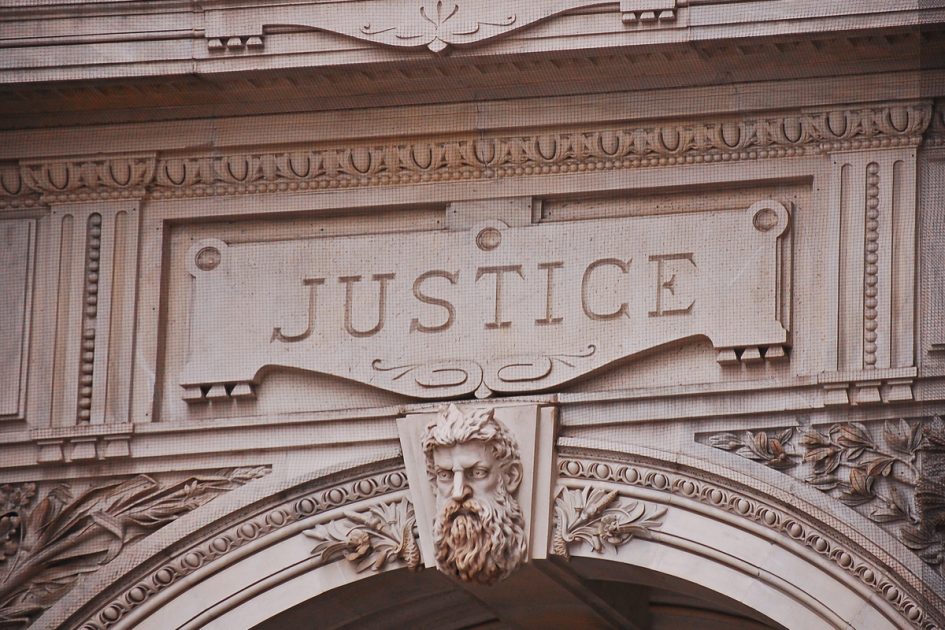Statutes of repose serve as critical legal boundaries, delineating the time frame within which claims related to construction activities must be initiated. These statutes are designed to provide finality and predictability, shielding contractors and related parties from indefinite liability. However, the recent decision in Tri-State Insurance Co. of Minnesota a/s/o Campus Chalet, Inc. v. East Tennessee Sprinkler Company, Inc. by the Tennessee Court of Appeals introduces a nuanced interpretation that could significantly impact surety insurance companies. Let’s look at the case’s background, its implications for surety insurers, and the broader consequences for the construction and insurance industries.
Case Background
In 1992, East Tennessee Sprinkler Company, Inc. (ETS) installed a sprinkler system at Campus Chalet, a property owned by Campus Chalet, Inc. Beyond the initial installation, ETS entered into an ongoing maintenance agreement with Campus Chalet to inspect, test, and maintain the sprinkler system. In 2020, a waterline in the sprinkler system burst, causing significant property damage. Tri-State Insurance Company of Minnesota, as subrogee of Campus Chalet, filed a lawsuit against ETS alleging negligence and breach of contract due to ETS’s failure to properly maintain the system.
ETS moved to dismiss the case, invoking Tennessee’s four-year statute of repose, codified at Tenn. Code Ann. § 28-3-202, which generally bars claims arising from the design and construction of improvements to real property if not brought within four years of substantial completion. The trial court granted the motion to dismiss, agreeing that the claims were time-barred. However, the Tennessee Court of Appeals reversed this decision, emphasizing that the complaint’s allegations centered on ETS’s ongoing maintenance obligations rather than the original installation. The court held that the statute of repose did not bar claims arising from separate maintenance agreements, allowing the case to proceed.
Implications for Surety Insurance Companies
A. Extended Liability Exposure
Surety insurance companies provide performance bonds to guarantee a contractor’s fulfillment of contractual obligations. These bonds are considered to have a finite liability period, often aligning with the statute of repose. The Tri-State decision challenges this notion by suggesting that ongoing maintenance obligations constitute separate contractual duties, potentially extending liability beyond the original construction period.
B. Reassessment of Bond Terms and Conditions
In light of the potential for extended liability, surety insurers may need to revisit the terms and conditions of performance bonds. Incorporating explicit limitations on the duration of liability for maintenance-related obligations could help mitigate unforeseen perils. A clear delineation between construction and maintenance obligations within bond forms may provide greater legal clarity and protection for sureties.
C. Impact on Subrogation Rights
The Tri-State case underscores the importance of subrogation rights for sureties. By successfully arguing that the claims were based on ongoing maintenance obligations, Tri-State preserved its ability to seek recovery from ETS. This outcome highlights the need for surety insurers to carefully consider the scope of subrogation rights. Failure to avail itself of the right to effectively pursue reimbursement in cases involving extended maintenance responsibilities will materially prejudice surety.
Broader Consequences for the Construction and Insurance Industries
A. Encouragement of Comprehensive Maintenance Agreements
The decision may prompt property owners and contractors to develop more comprehensive maintenance agreements that clearly define responsibilities and time frames. Such clarity can help prevent disputes over liability and ensure that maintenance obligations are adequately addressed, potentially reducing the likelihood of litigation.
B. Increased Emphasis on Risk Management
For sureties, the case underscores the importance of proactive risk management strategies. Regular inspections, thorough documentation of maintenance activities, and adherence to work-specific/sector-specific best practices can help mitigate risks associated with extended liability periods.
C. Potential Legislative Responses
The Tri-State decision may lead to legislative discussions regarding the scope and application of statutes of repose in Tennessee. Lawmakers might consider clarifying the statute’s applicability to ongoing maintenance obligations to provide greater certainty for all parties involved in construction and maintenance contracts.
The Tennessee Court of Appeals’ decision in Tri-State Insurance Co. of Minnesota a/s/o Campus Chalet, Inc. v. East Tennessee Sprinkler Company, Inc. represents a significant development in construction law, particularly concerning the interpretation of statutes of repose and their impact on surety insurers. By recognizing that ongoing maintenance obligations constitute separate contractual duties, the court has potentially extended the liability period for contractors and their sureties. This shift necessitates a reevaluation of risk management practices, bond terms, and legislative frameworks to ensure that the interests of all stakeholders in the construction and insurance industries are adequately protected.

